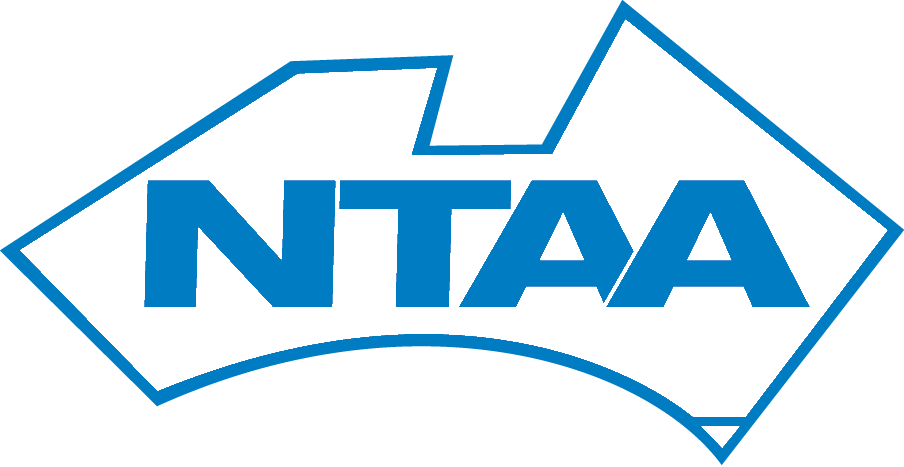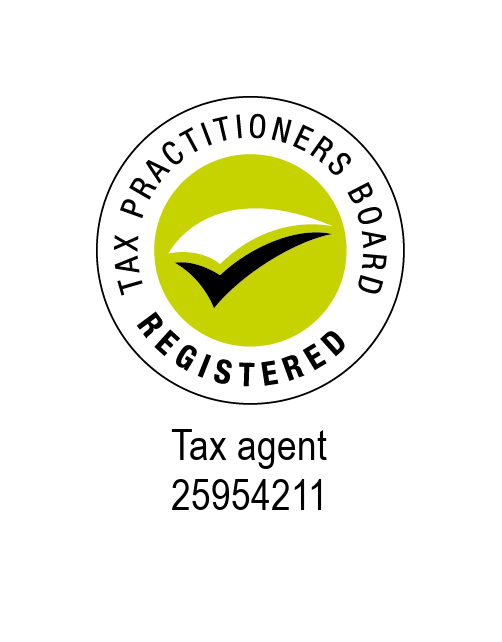As seen in Woopi News January 2023
Cashflow can make or break a business and with raising costs, cashflow is no doubt becoming a problem for a lot of businesses. If you are running a business, you should know how your business is performing. It’s impossible to make good financial decisions and ensure the viability of your business without reviewing your income and expenses regularly. Ensuring your bookkeeping is up to date as well as any outstanding lodgements, is just the first step. If you are not on top of your bookkeeping it’s unlikely you are considering if your charging enough to cover your running costs and desired take home pay. Often this leads to business owners paying themselves more than the business can afford and then things like Income Tax, GST, PAYG Withheld from staff wages and Superannuation Guarantee go unpaid and can add up quickly leading to financial stress in the long run.
If you don’t pay your employees superannuation guarantee on time it is no longer tax deductible, you then need to lodge a Superannuation Guarantee Charge Statement to the ATO. Once the Charge Statement is lodged, the ATO will then pay the Super and interest (10% per annum) to the employees Superannuation fund. The sooner Charge Statements are lodged the better as the interest stops accruing once the statement is lodged with the ATO. You can then set up a payment plan for the amount owing.
The ATO put a pause on penalties for late Tax and BAS lodgements and interest on debts throughout the pandemic, however they have recommenced these penalties, particularly fining those with a poor lodgement history. Phone calls from the ATO regarding debt have increased over the past few months. If you have an ATO debt, ensure you have a payment plan in place that you can afford and don’t default. However, if you have had multiple payment plans in the past or have defaulted be prepared to answer more questions and even provide proof of financial hardship when applying for your next payment plan.
Stasha Dunn - StaySharp Accounting
“Liability Limited by a scheme approved under Professional Standards Legislation”









